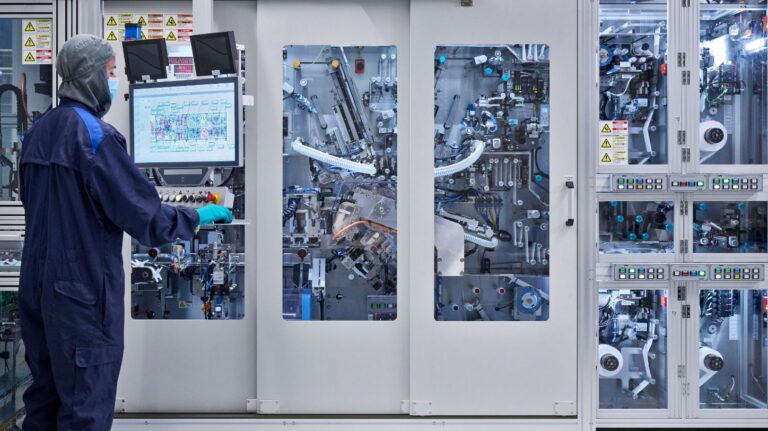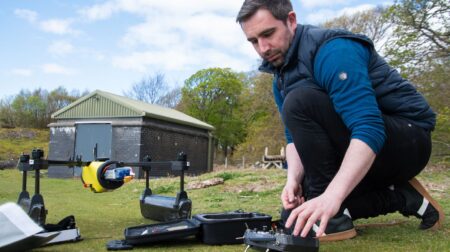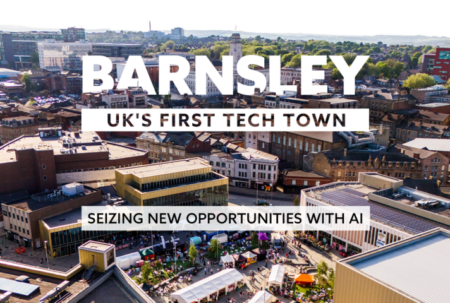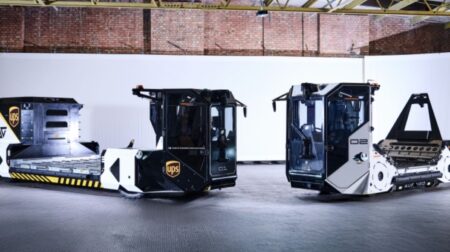BMW Group’s Battery Cell Competence Center (BCCC) and the University of Zagreb’s Regional Center of Excellence for Robotic Technology (CRTA) are jointly developing solutions to improve the production of battery cells using artificial intelligence (AI).
Doctoral candidates and students at the University of Zagreb are collecting and structuring existing production data and, based on this data, AI models are created that can identify certain patterns in the data.
This allows them to make predictions on how production can be further optimised when it comes to performance, quality, and costs.
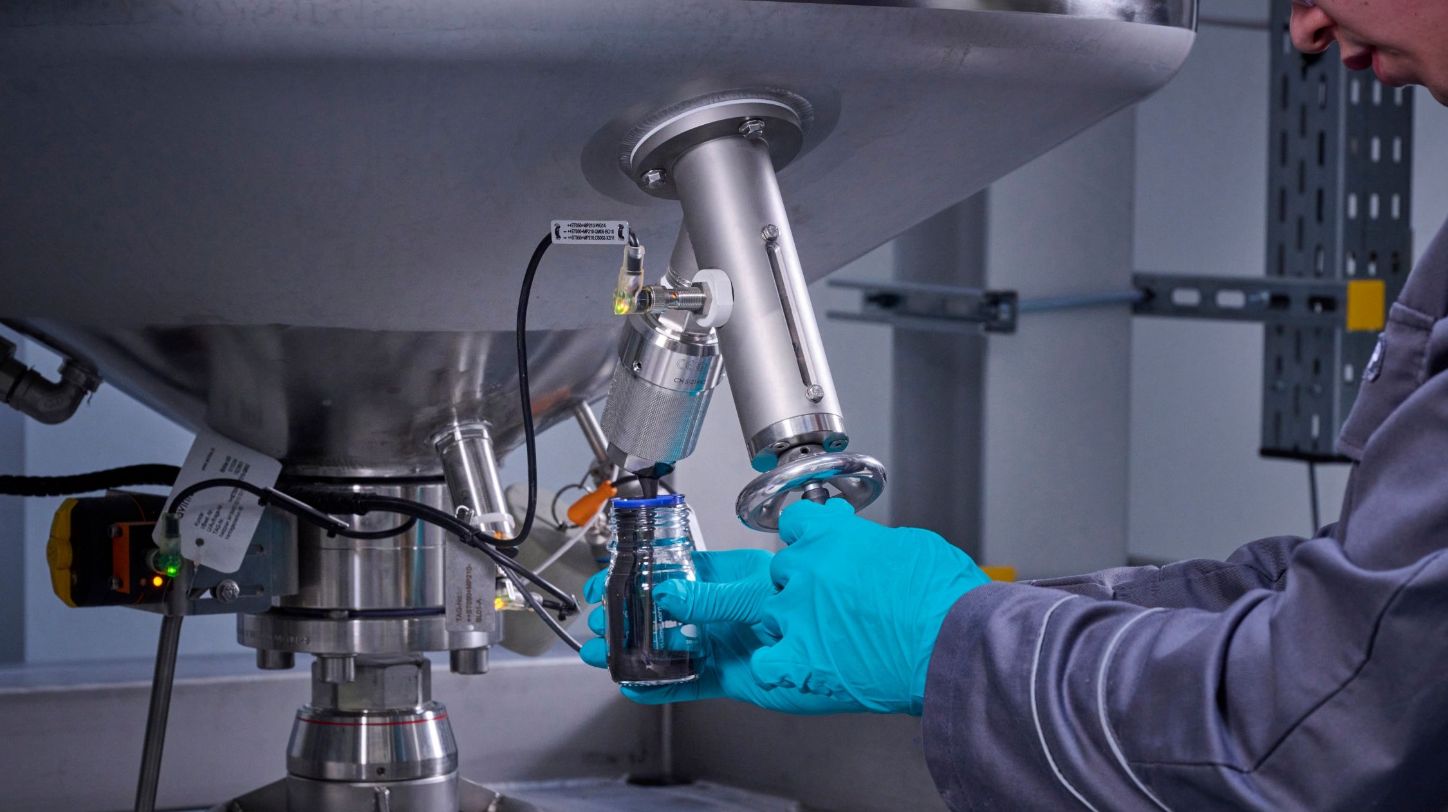
BMW works on its battery cells in competence centres in Munich and Parsdorf, the former of which being home to the development of battery cells for future generations of high-voltage batteries that are then manufactured in small quantities.
READ MORE: Monolith and Webasto partner to deliver AI-driven EV battery testing
The best battery cell from the BCCC is chosen and then scaled towards a series process at the pilot line in Parsdorf.
The University of Zagreb contributes its mechanical engineering, electrical engineering, and computer science knowledge to the project, with both groups benefitting from the exchange.
Zdenko Tonković, dean of the Faculty of Mechanical Engineering and Naval Architecture at the University of Zagreb, said: “As a university, we offer the BMW Group access to the latest research results and innovative ideas, while our students benefit from the opportunity to apply their theoretical knowledge in practice.”
Innovations and achievements in AI will be highlighted and celebrated at the second annual Robotics & Automation Awards on 06 November 2024 at De Vere Grand Connaught Rooms in London. Visit www.roboticsandautomationawards.co.uk to learn more about this unmissable industry event – and to book your table!

